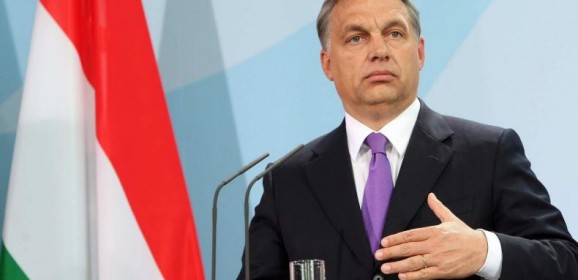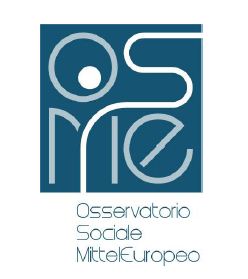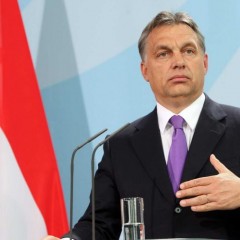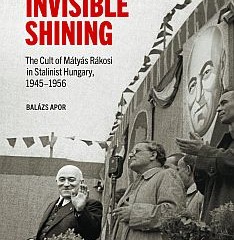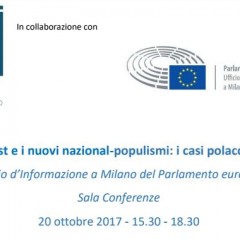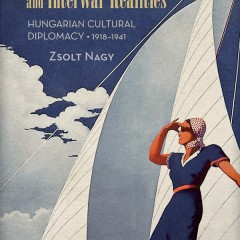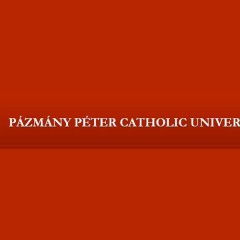UNGHERIA: PERICOLO ORBÁN?
La Biblioteca Archivio del CSSEO in collaborazione con la Biblioteca comunale, organizza a Trento, mercoledì 14 marzo 2018, alle ore 17,30, nella “Sala degli Affreschi” della Biblioteca comunale (Via Roma 55), l’incontro-dibattito “Ungheria: Pericolo Orbán?”. Intervengono Bruno Dallago e Davide Zaffi. Introduce Massimo Libardi. Un sondaggio del 7 marzo, realizzato da Nézőpont, assegna a Fidesz, il partito di Viktor Orbán ben il...
Osservatorio Sociale Mitteleuropeo (OSME)
Osservatorio Sociale Mitteleuropeo (OSME) Si tratta di un’agenzia che si propone di monitorare il mondo del lavoro e degli affari sociali in Ungheria in Slovacchia e nella Repubblica Ceca, tre realtà che fanno parte del gruppo di paesi entrati nell’Unione europea il primo maggio del 2004. L’intento dell’Osservatorio è quello di fornire agli interessati degli aggiornamenti inizialmente bisettimanali su quanto riguarda le complesse...
The Invisible Shining
Balázs Apor The Invisible Shining The Cult of Mátyás Rákosi in Stalinist Hungary, 1945-1956 This book offers a detailed analysis of the construction, reception and eventual decline of the cult of the Hungarian Communist Party Secretary, Mátyás Rákosi, one of the most striking examples of orchestrated adulation in the Soviet bloc. While his cult never approached the magnitude of that of Stalin, Rákosi’s ambition to outshine the other...
L’Europa dell’Est e i nuovi nazional-populismi: i casi polacco e ungherese
Ufficio d’Informazione a Milano del Parlamento europeo Sala Conferenze 20 ottobre 2017 – 15.30 – 18.30 Introduzione Bruno Marasà – Direttore dell’Ufficio di Milano del Parlamento europeo Relazioni Cristina Carpinelli – OSME (Osservatorio Sociale Mitteleuropeo) La Polonia nella morsa del nazional-populismo Massimo Congiu – OSME (Osservatorio Sociale Mitteleuropeo) Ungheria: nazional-populismi a...
Great Expectations and Interwar Realities
Zsolt Nagy Great Expectations and Interwar Realities Hungarian Cultural Diplomacy, 1918-1941 After the shock of the 1920 Treaty of Trianon, which Hungarians perceived as an unfair dictate, the leaders of the country found it imperative to change Hungary’s international image in a way that would help the revision of the post-World War I settlement. The monograph examines the development of interwar Hungarian cultural diplomacy in three...
CfP: Hungarian aristocracy between 1947 and 2017
Pázmány Péter Catholic University, Budapest 1 December 2017 Deadline : 31 October 2017 Two years after the highly successful d’Aremberg conference in 2015, followed by the symposium about the „Historical Roles of the Hungarian Aristocracy”, Pázmány Péter Catholic University has decided to organize another scientific event in 2017, in order to remember the still prevailing Act IV. of 1947. After World War II, Hungarian nobility was...


